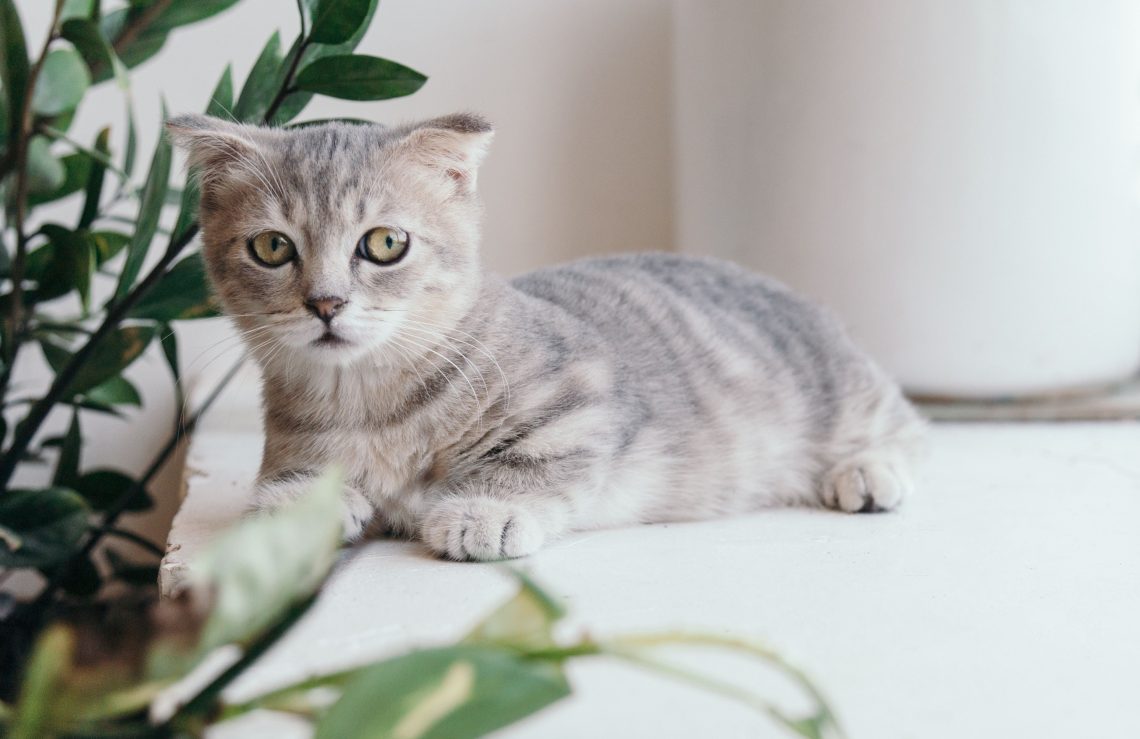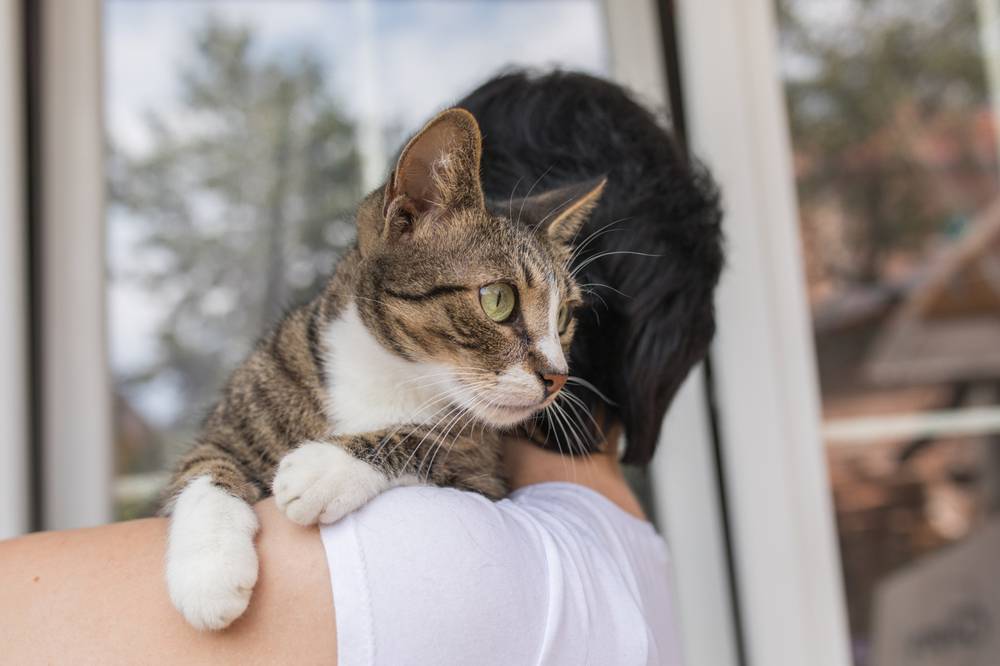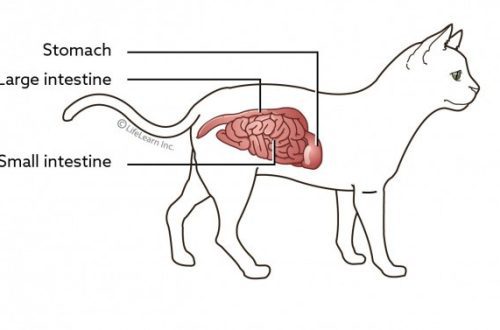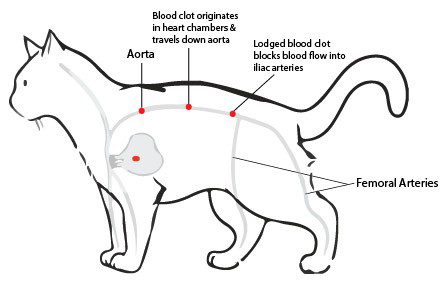
Do cats get headaches?

For example, let’s take an ordinary work team, in which there will always be an employee who constantly complains if something hurts or feels unwell. Headache is one of the most common causes of complaints. At the same time, there are other people in the same team who probably also have some pain from time to time, but they simply do not have the habit of telling everyone around them about it or somehow demonstrating their malaise. And – attention! – there may be a deceptive impression that these people never hurt anything and they always feel great. But we know that this is not so. We are talking about individual differences in response within the same species, and what can we say about different types of living beings.
So, cats by their nature are more like people who rarely complain about their indisposition and usually do not show it in any way.
Do cats experience pain? Undoubtedly. Do cats get headaches? Of course.
Headache in cats is observed with general diseases – for example, with viral infections (remember yourself during the flu), with a runny nose, with systemic chronic diseases such as diabetes or kidney failure, with poisoning, with dehydration. All of these diseases occur in cats and, accordingly, can cause headaches. Therefore, if a cat is sick and her general health is poor, it is possible that she is experiencing a headache too.
At the same time, there is a separate disease, which is expressed by periodic bouts of severe headache – migraine. It can often go on for years. It is impossible to detect this headache with diagnostic devices or tests, the general condition, as a rule, remains unchanged. The only basis for diagnosing migraine is the patient’s description of his sensations and the pain itself. Cats cannot complain about a headache and tell their owner or doctor about it in detail. Considering the specific behavioral characteristics of the reaction to pain, it is almost impossible to determine whether a cat has a headache by the appearance.
Contents
How do you know if a cat is in pain?
Pain symptoms in cats can include:
For acute pain:
The cat tries not to move, hides, lowers its head, eyes are often squinted;
Refuses food, water, does not go to the toilet;
Does not respond to interaction attempts;
May lick or try to lick the sore spot (especially after surgery).
For chronic pain:
Decreased activity, the cat is reluctant to play, or does not play at all, sleeps a lot;
Less jumping and climbing on various objects, going to the toilet next to the tray or in other places;
May show aggression towards owners, avoids sitting on laps, does not allow himself to be stroked;
Decreased appetite and weight loss can also be symptoms of chronic pain.
What should I do if I suspect that my cat is in pain?
In this case, you need to make an appointment with a veterinary clinic. It is important not to forget about regular (annual) preventive examinations. This will allow timely detection of chronic and age-related diseases or changes, supportive treatment and adaptation of the environment to the capabilities and characteristics of the pet.
Photo:
November 19, 2018
Updated: July 18, 2021





